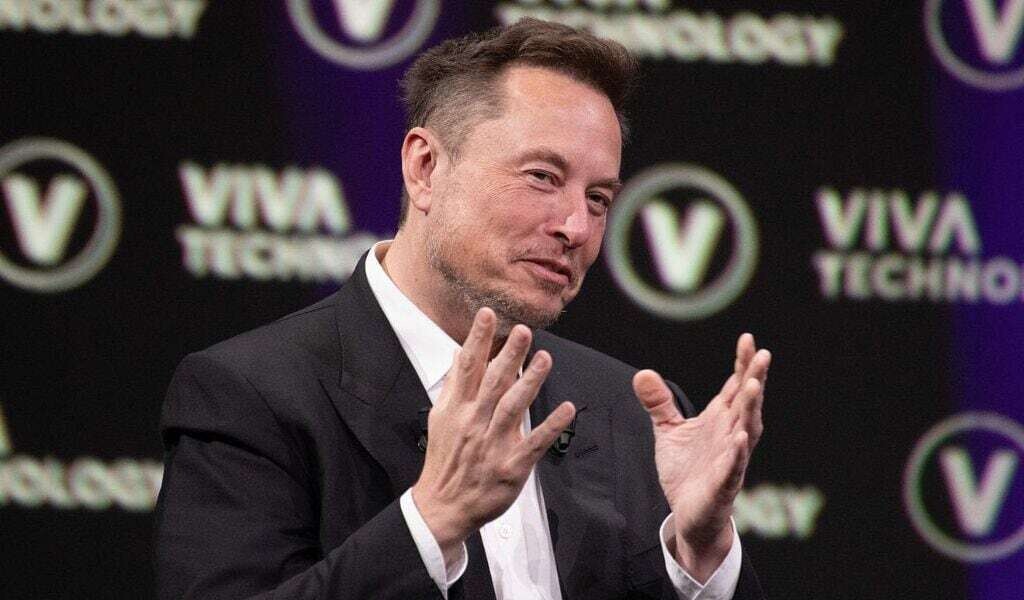
Elon Musk, the innovative entrepreneur behind companies like Tesla and SpaceX, is under criticism for his unfulfilled promises and controversial decisions. Despite his ability to project the future, Musk often fails to meet the expectations he himself has created. His most recent foray into the world of Twitter with the platform renamed as X has been a testing ground for radical changes that have impacted its functionality and appeal, raising questions about the viability of his projects.
Musk's alliance with Twitter is not just a business strategy, but also a risky wager in which he seems willing to sacrifice part of his reputation in exchange for political influences. The fundamental question is whether Musk is truly the visionary he claims to be or if he is, in reality, more of an opportunist who uses his charisma to gain time, capital, and support. His relationship with Donald Trump has been a point of controversy, especially when Musk decided to openly endorse the former president’s candidacy in the elections through America PAC, a political action committee.
Musk's decisions, such as drastically cutting staff, implementing functions unsuccessfully, and changing rules without notice, have generated more confusion than clarity among the audience and investors. His track record is marked by internal conflicts, questionable alliances, and unfulfilled promises, raising doubts about the sincerity of his intentions and limits.
Despite his ambitious projects, such as the colonization of Mars with SpaceX and the development of ethical artificial intelligence with OpenAI, Musk has faced disagreements and criticism in these fields. His initiatives, like bringing internet to remote areas with Starlink, have been criticized for not meeting the expectations created. Musk, whose persona is a blend of genius and controversy, projects a vision of the future that fascinates and polarizes equally, but his actions have generated skepticism and questions about the realization of his promises.














